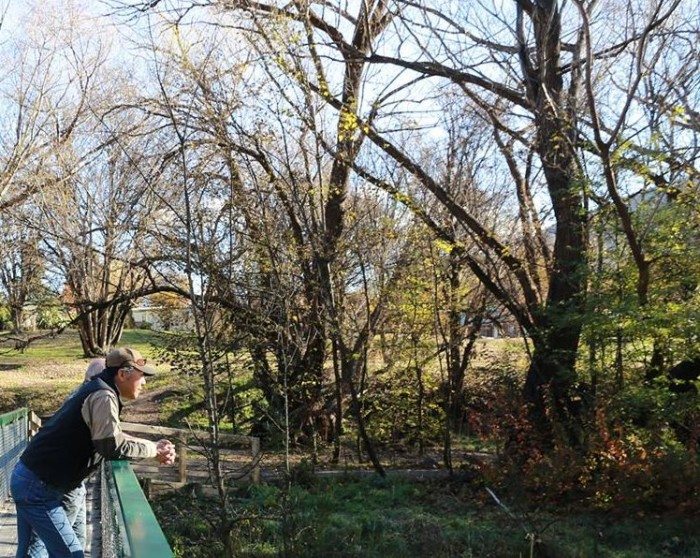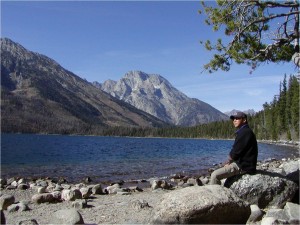Originally posted on April 23, 2012. Updated on April 19, 2018.
Today, we are looking for ways to protect our planet and build a sustainable future. But the solution lies deeper than at the bottom of a recycling bin.
We are facing the question of stewardship. To become better stewards of our environment, we need to cultivate our relationship with the natural world.
Without first-hand experiences with creation we become detached from the value of the natural world. A fisherman knows the footprint he leaves when he catches a fish. If you’ve planted a seed and nurtured it to fruition, helped a sow give birth to her calf, or caught and cleaned a trout for dinner, you have experienced the delicate relationship we have with the natural world.
The first step to becoming better stewards of this earth is to go out and get to know the life on this earth. Those experiences will help us gain a deeper understanding of who we are and the role we play in learning how to live in harmony with our earth.
American environmental lawyer, Gus Speth, once said, “I used to think the top environmental problems were biodiversity loss, ecosystem collapse, and climate change. I thought that with 30 years of good science we could address those problems. But I was wrong. The top environmental problems are selfishness, greed and apathy… to deal with those we need a spiritual and cultural transformation.”
When we understand the beauty of the world we live in, we expand our gratitude for it, providing the fuel and passion that is combined with the knowledge to come up with creative solutions and innovations.
We become better stewards of this earth when we become aware of our mark on the ecosystem. The natural world gives us and teaches us so much. If we knew how intimately we are related to the local plants, animals and waterways, we would better preserve and serve those ecosystems.
What are ways you can become a better steward for the environment this International Mother Earth Day?


